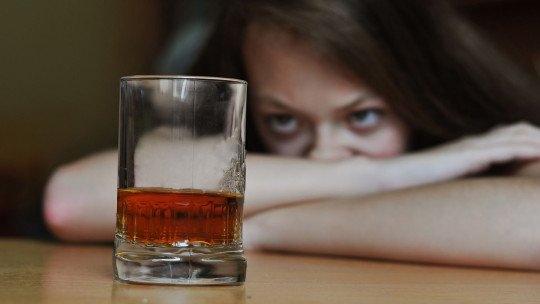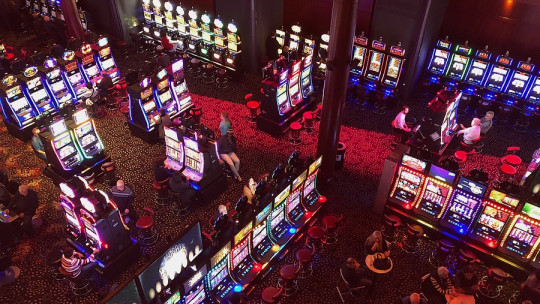
When a family member’s concern about addiction appears and the desire to help him or her, many questions arise, sometimes with disorientation. Where to go? To do? What can I do? What is best for my loved one? First of all, the important thing is not to fall into the despair of urgency The need for change may also arise in the addict himself, because he feels that something is wrong and that he cannot continue in that way and decides to ask for help.
There are valid and effective options, in any of them, the acquisition of the tools that are provided is very important to begin to manage oneself in a clean way, free of toxins, with a beginning of re-acquiring socialization values. To guide you, we can mention some of the options for addiction treatment, and add that, in each option, therapy and the entire interdisciplinary work set at the service of rehabilitation, plays an essential role.
Addiction treatment
Depending on the country you are in, there are state public policy programs to provide prevention or care assistance with important coverage for patients who are going through a situation of problematic consumption. In Argentina, for example, Sedronar (Secretariat of Comprehensive Drug Policies of the Argentine Nation) is the agency in charge of the program.
It fulfills functions in all Argentine provinces, with different spaces such as: Community Care and Accompaniment Houses, Coexistence Houses, Immediate Assistance Centers and Community territorial devices, they also have agreements with therapeutic Communities. The objective: to prevent, accompany, provide care and inform during the recovery process from a comprehensive professional and interdisciplinary approach to people with problematic consumption, family members or emotional environments.
Therapeutic Communities or Support Centers specialized in addiction rehabilitation have inpatient or outpatient programs in day centers that include individual and group psychological treatments, workshops and support for families, care work that can be private or through social providers. A place where learning through coexistence, expression and listening are fundamental to the success of the process They include interdisciplinary professional teams whose essential objective is to reverse ways of life, experiences of annihilation of the individual with the use of toxic substances.

Support groups such as Narcotics Anonymous (NA) have in-person or virtual meetings that are very helpful and supportive for the addict’s recovery. It is a space where you can share your life situations and conflicts with others. You feel part of it because it is an environment that understands having gone through similar situations. They also serve as a guide to family members at this difficult time, with the aim of making the addict feel supported and understood in this process. NA is an international organization intervening in many countries.
Individual therapy that can be private or with social providers, with professionals with expertise in addictions Therapists of various currents, especially Cognitive Behavioral, give the patient in the therapeutic space the possibility of expressing their story, elaborating on it, admitting, accepting and learning from some mistakes.
It should be noted that in Argentina there is Mental Health Law No. 26657, which has the vision of protecting the rights of a person with addiction if their desire for hospitalization is not explicit. Although, clarifies art. 20 of the aforementioned Law that: “The involuntary hospitalization of a person must be conceived as an exceptional therapeutic resource in the event that outpatient approaches are not possible, and can only be carried out when, at the discretion of the health team, there is a situation of certain and imminent risk for yes or for third parties.”
How do patients arrive at the consultation and what is it like?
There are patients who come when such dependence on consumption begins that the situation becomes unmanageable, and they ask for help. There are also those who are accompanied by highly concerned family members, demonstrating that the anguish in these cases is lodged in an Other who brings them to the consultation the important thing is that, in these cases, over time, a demand for improvement may arise from the patient.
These patients who have relationship, emotional, study, work problems, difficult life stories, with mistreatment, abuse and violence, who are addicted because they cannot communicate, need to use words to say, express, highlight and make visible their own damaged subjectivity with traces of resentment, guilt, denials of reality, unresolved arbitrariness where drugs played a predominant role.
It may happen that during the process the patient feels immersed between two instances in tension, the I want and I can’t, for this, the professionals provide tools so that they can avoid relapses, also adding that they feel that they are not alone in this process. In this sense, the accompaniment of an environment that is emotionally supportive is ideal in order to achieve continuity of treatment and avoid abandonment During this entire process, which already visualizes itself as an addict in recovery, the acceptance of its life story, a story that it elaborated, interpreted, dismembered, but that cannot change because it remains in the past, this is a fundamental basis for managing a different life.
A change that entails the acquisition and reaffirmation of the abstinent idea of consumption. The objective, to recover from addiction, to be a recovered addict, which would be determined by maintaining abstinence over time with healthy habits leading a balanced life.









